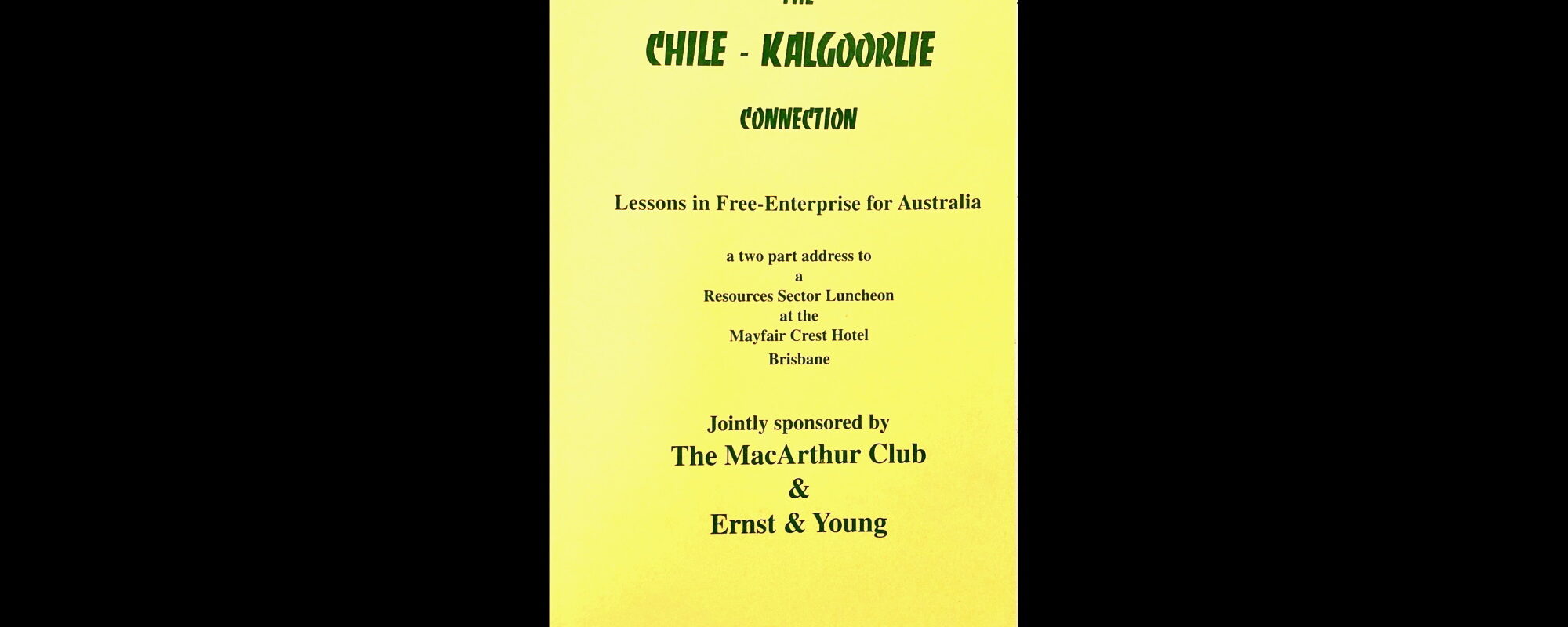Description
In Australian conservative politics, two intellectual traditions have recently competed for power. On the one hand there is a benevolent paternalism which sees government as an instrument for bringing about social cohesion, community spirit and the common good. The adherents of this philosophy include families with proud traditions of public service, sometimes stretching back several generations. These families have furnished the Parliamentary Liberal Party with several of its leaders: Malcolm Fraser is one; Alexander Downer another.
On the other hand, there are those for whom government is a necessary evil, and barely necessary at that, who regard the duty of government as upholding and maximising the freedom of the individual. As the individual is free only in a free market, they have consistently opposed restrictions on the operation of the free market in any form – regulation, protection, arbitration or social welfare.
Society lives and acts only in individuals: it is nothing more than a certain attitude on their party. Everyone carries part of society on his shoulders; no one is relieved of his share of responsibility by others. And no one can find a safe way out for himself if society is sweeping towards destruction. Therefore everyone, in his own interest, must thrust himself vigorously into the intellectual battle. None can stand aside with unconcern; the interests of everyone hang on the result. Whether he chooses or not, every man is drawn into the great historical struggle, the decisive battle into which our epoch has plunged us.
After an eight-year experiment with Marxism, during which Chile experienced the depths of the misery to which collectivism can plunge a country, Chile has rebounded under liberal economic policies.
